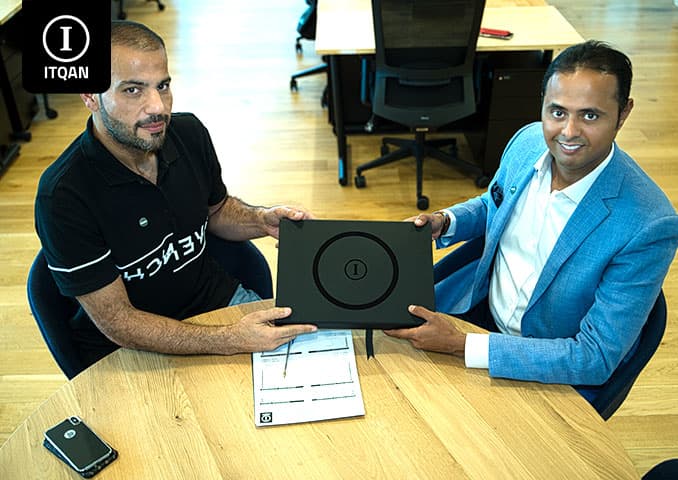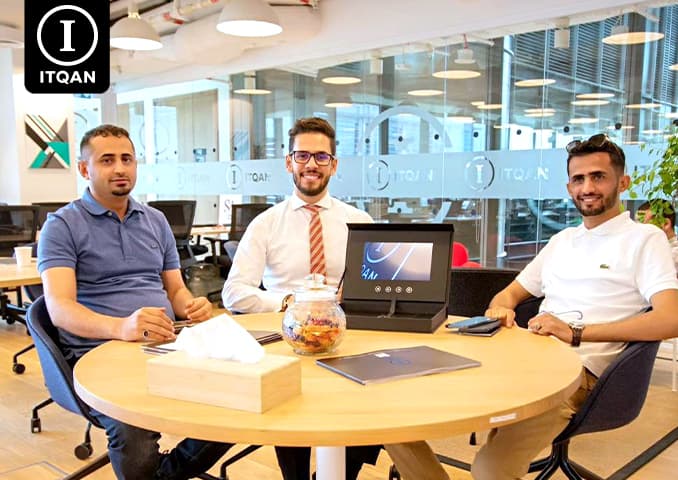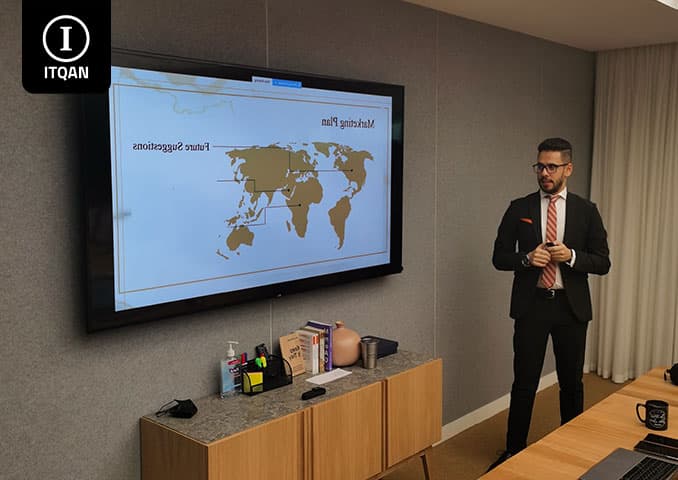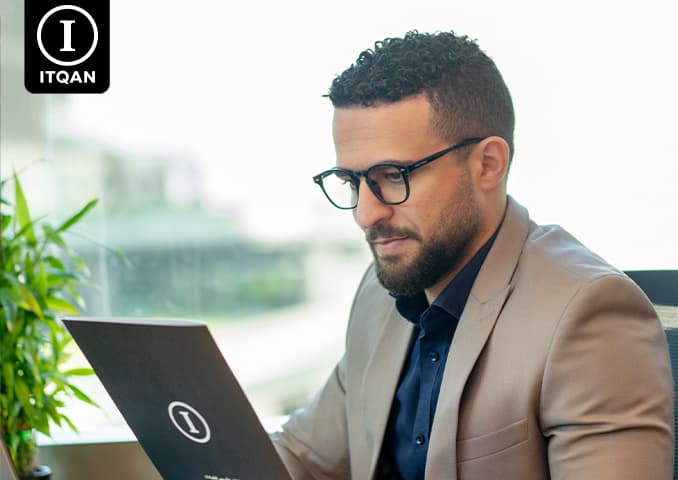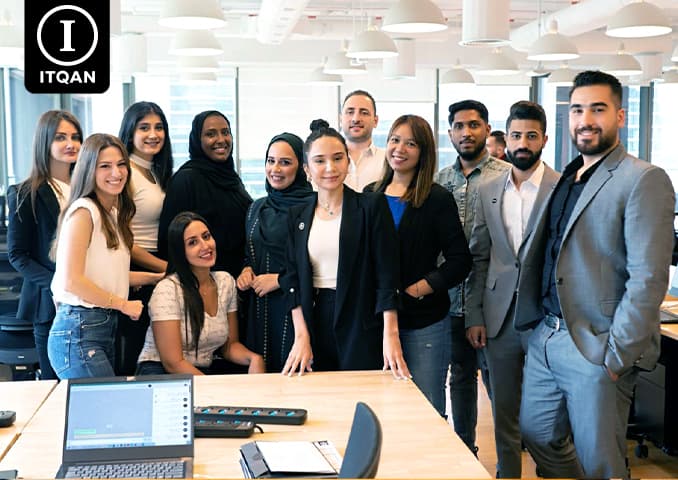The new investment law in the UAE is a pivotal step in enhancing the investment environment in the country, as it reflects the government’s commitment to providing a suitable and encouraging climate for local and international investors. Through this law, the UAE seeks to facilitate investment procedures and provide new incentives to attract more foreign investments, which contributes to diversifying the economy and promoting sustainable economic growth. The law includes important amendments related to foreign ownership, protecting investor rights, and simplifying bureaucratic procedures, which enhances the attractiveness of the UAE as a global investment hub. In this article, we will review the most prominent features of the new investment law in the UAE and its potential impact on the business environment in the UAE.
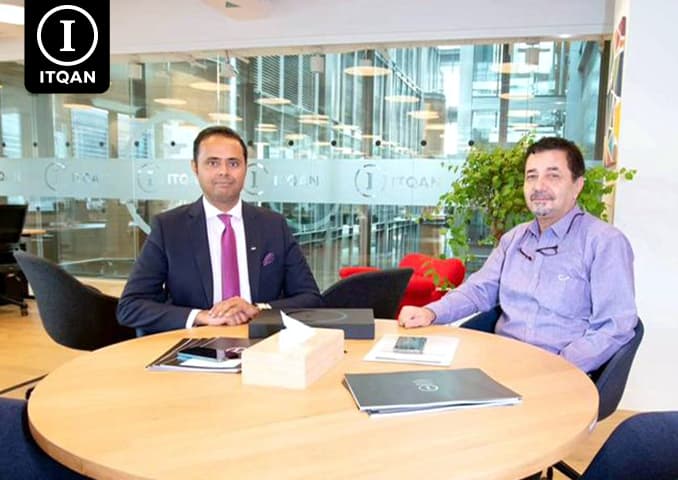
جدول المحتوى
ToggleNew Investment Law in the UAE
Dubai’s investment law is a modern piece of legislation that aims to enhance the country’s attractiveness as a global investment destination. These amendments are part of the UAE’s strategy to diversify the economy and promote sustainable economic growth. Here are some key points about the law:
- Expanding foreign ownership: The law allows foreign investors to own up to 100% of companies in some sectors, after there were restrictions on foreign ownership in the past. This change enhances the ability of foreign investors to have full control over their projects and investments.
- Improving registration procedures: The law includes simplified procedures for company registration and licensing, which reduces bureaucracy and speeds up the process of starting a business. This contributes to making the investment environment more flexible and efficient.
- Protecting investors’ rights: The law enhances the protection of investors’ rights by ensuring transparency and combating corruption. It also provides mechanisms for resolving disputes and submitting grievances, which enhances confidence in the judicial and administrative system.
- Encouraging investments in strategic sectors: The law focuses on attracting investments in vital sectors such as technology, renewable energy, and healthcare, by providing special incentives such as tax exemptions and financial support.
- Providing visas and residencies for investors: The law includes facilities for obtaining long-term visas and residencies for investors and their families, making it easier for them to settle and work in the UAE.
- Overall, the new investment law in the UAE reflects the country’s commitment to enhancing the business environment and attracting foreign investments, which contributes to achieving economic development goals and strengthening the UAE’s position as a global business hub.
Steps to invest in the Emirates
To invest in the UAE , there are several key steps that must be followed to ensure success and compliance with local legislation. Here are the basic steps to invest in the UAE:
- Determine the type of investment: Before you start, determine the type of investment you want, whether it is establishing a new company, buying shares, or investing in a specific sector such as real estate or technology.
- Choosing the type of legal entity: Choose the type of legal entity that is appropriate for your investment, such as a limited liability company (LLC), a branch of a foreign company, or a public joint stock company. The choice depends on the nature of the business and your needs.
- Choosing a location: Determine the right location for your investment, whether it is in a free zone, commercial zone, or special economic zone. Free zones offer benefits such as full foreign ownership and tax exemptions.
- Prepare a feasibility study: Prepare a comprehensive feasibility study for the project that includes market analysis, operating costs, and profit projections. This study helps you make informed decisions and submit it to government agencies if necessary.
- Company Registration and Licensing: Register your company with the relevant authorities, such as the Department of Economic Development or the authority of your chosen free zone. You will need to submit the required documents and obtain the necessary licenses to operate the activity.
- Open a bank account: Open a business bank account in your company’s name. You will need to provide registration and licensing documents to obtain the account.
- Tax and regulatory compliance: Ensure compliance with all tax and legal requirements, including VAT registration if applicable, and follow local laws.
- Securing the necessary licenses: If your activity requires special licenses such as health or environmental licenses, obtain these licenses before starting operations.
- Hiring workers: If you need employees, hire them according to local laws and complete work visa procedures.
- Starting Operations: After completing all the previous steps, you can start your business operations and start the actual investment.
- Expand and Review Performance: Monitor your business performance and make necessary adjustments to improve performance. You may consider expanding or diversifying your investments based on your results. By following these steps, you can effectively enter the UAE market and successfully achieve your investment goals.
Investment areas in the UAE
The UAE offers a wide range of investment areas that vary between traditional and modern sectors, allowing investors to find opportunities that suit their interests and goals. Here are the most prominent investment areas in the UAE :
- Real Estate: Investing in the real estate sector is one of the most prominent opportunities in the UAE, especially in Dubai and Abu Dhabi. The sectors include: residential apartments, villas, commercial properties, and tourism projects. The real estate market in the UAE is witnessing sustainable growth, supported by strong demand for luxury housing and offices.
- Technology: The UAE is a leader in technology and innovation in the Middle East. Areas include artificial intelligence, financial technology (FinTech), the Internet of Things (IoT), and cloud computing. The government also supports technology projects through initiatives and incentives.
- Health: Investment in the healthcare sector is witnessing significant growth, especially with the increasing demand for advanced healthcare services. Opportunities include: hospitals, clinics, beauty centers, and pharmaceuticals.
- Renewable Energy: The UAE is focusing on developing renewable energy sources such as solar and wind power. Projects such as Masdar and Noor Abu Dhabi are prominent examples of investments in this field.
- E-commerce: The e-commerce sector in the UAE is witnessing significant growth, with the increasing demand for online shopping. This includes online stores, digital commerce platforms, and logistics services.
- Tourism and Hospitality: The tourism and hospitality sector is a thriving sector in the UAE, with the country attracting a large number of tourists annually. Opportunities include: hotels, resorts, tourism companies, and hospitality services.
- Financial and Banking Sector: The UAE offers diverse opportunities in the financial sector, including banks, insurance companies, financial services and investment. Dubai is a global financial center, making it an attractive location for financial investments.
- Education: Investment in the education sector is witnessing increasing interest, with the need for advanced educational institutions and training centers. This includes schools, universities, and specialized training institutes.
- Agriculture and Food: The UAE is seeing a growing interest in improving food security through investment in sustainable agriculture and agtech. This includes indoor farming projects, smart farms, and organic food production.
- Environment and Recycling: The UAE is focusing on investing in environmental solutions and waste management, including recycling projects and sustainable environmental technologies.
- Each of these areas offers significant opportunities for investors, enhances the UAE’s economic diversity and strengthens its position as a global investment hub.
Establishing companies and investing in Dubai with the help of Itqan Company
Setting up a company in Dubai can be an exciting and rewarding experience, especially when done with the help of a specialized company like Itqan. Itqan plays a vital role in facilitating this process and providing full support to investors. Here’s how Itqan can help you in this regard:
- Choosing the most appropriate type of company: Itqan helps investors choose the most appropriate type of legal entity for their activities, whether it is a limited liability company, a branch of a foreign company, or a joint stock company. It also provides consultations on organizational structure and ownership.
- Registration and Licensing Procedures: Itqan manages all company registration procedures and obtaining the necessary licenses from local authorities. This includes preparing documents, submitting applications, and following up with government agencies to ensure that licenses are obtained quickly and efficiently.
- Legal Consultations: Itqan provides comprehensive legal consultations related to all aspects of company formation, including contracts, intellectual property rights, and business protection. This ensures compliance with local legislation and avoids potential legal issues.
- Financial and Tax Planning: Itqan helps in developing appropriate financial and tax strategies, including providing advice on financial arrangements, taxes, and financial reporting. It also provides support in preparing budgets and periodic reports.
- Banking Services: Itqan also assists in opening business bank accounts and facilitating dealings with banks. This service includes submitting the required documents and coordinating with banks to ensure the process runs smoothly.
- Recruitment and Residency: Itqan helps manage the recruitment process and provide the necessary visas and residencies for employees. This includes advising on labor regulations, preparing contracts, and facilitating procedures.
- Providing ongoing support: After the company is established, Itqan provides ongoing support services that include assistance in managing daily operations, providing strategic advice, and dealing with any issues that may arise.
- Facilitating Expansion: If you are planning to expand your business in the future, Itqan provides consultations on how to expand in Dubai, including entering new markets and developing additional projects.
- With the help of Itqan, you can bypass administrative and legislative complexities, allowing you to focus on growing your business and achieving your investment goals in Dubai effectively and easily.
In conclusion, investing in the UAE is a great opportunity for investors from all over the world, thanks to the dynamic and stimulating business environment that the country provides. Recent legislative developments, such as the new investment law, enhance the UAE’s attractiveness as a global investment hub, offering investors numerous benefits including facilitating establishment procedures, protecting investor rights, and providing attractive incentives. In addition, the UAE offers advanced infrastructure and diverse sectors that can be invested in, ranging from real estate and technology to renewable energy and tourism. With the support of relevant authorities and specialized companies such as Itqan, investing in the UAE becomes easier and more convenient, enabling investors to achieve their goals and enhance their growth in a thriving economic environment. Therefore, investing in the UAE represents a strategic step for investors who wish to benefit from the leading economic opportunities and contribute to the sustainable development of the country.
Frequently asked questions about investing in the UAE
Can foreigners fully own companies in the UAE?
Yes, under the new investment law, foreigners can own 100% of companies in some sectors, especially in free zones. However, there may be restrictions on some business activities.
What are free zones, and what are the advantages of investing in them?
Free zones are special economic zones that offer benefits such as 100% foreign ownership, tax exemption, and simple regulations. Some of the most prominent free zones in the UAE are: Dubai, Abu Dhabi, and Jebel Ali.
What are the requirements for investor visas?
Investor visas require documents such as proof of investment, company registration, passport, and personal photos. A business plan and details of business activities may also be required.


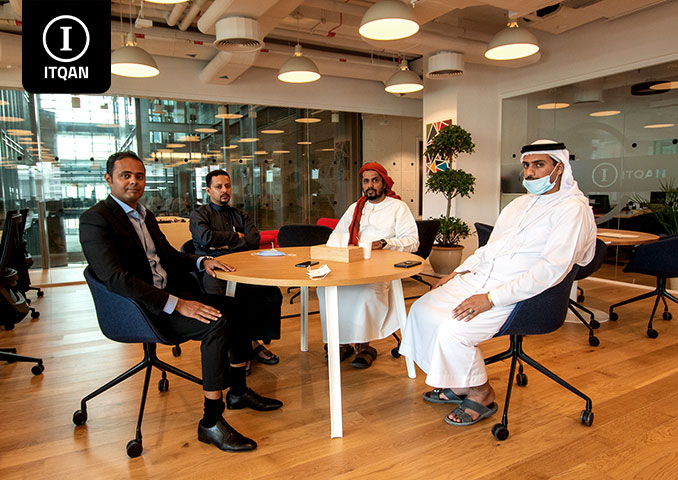
 100vw, 678px srcset=)


